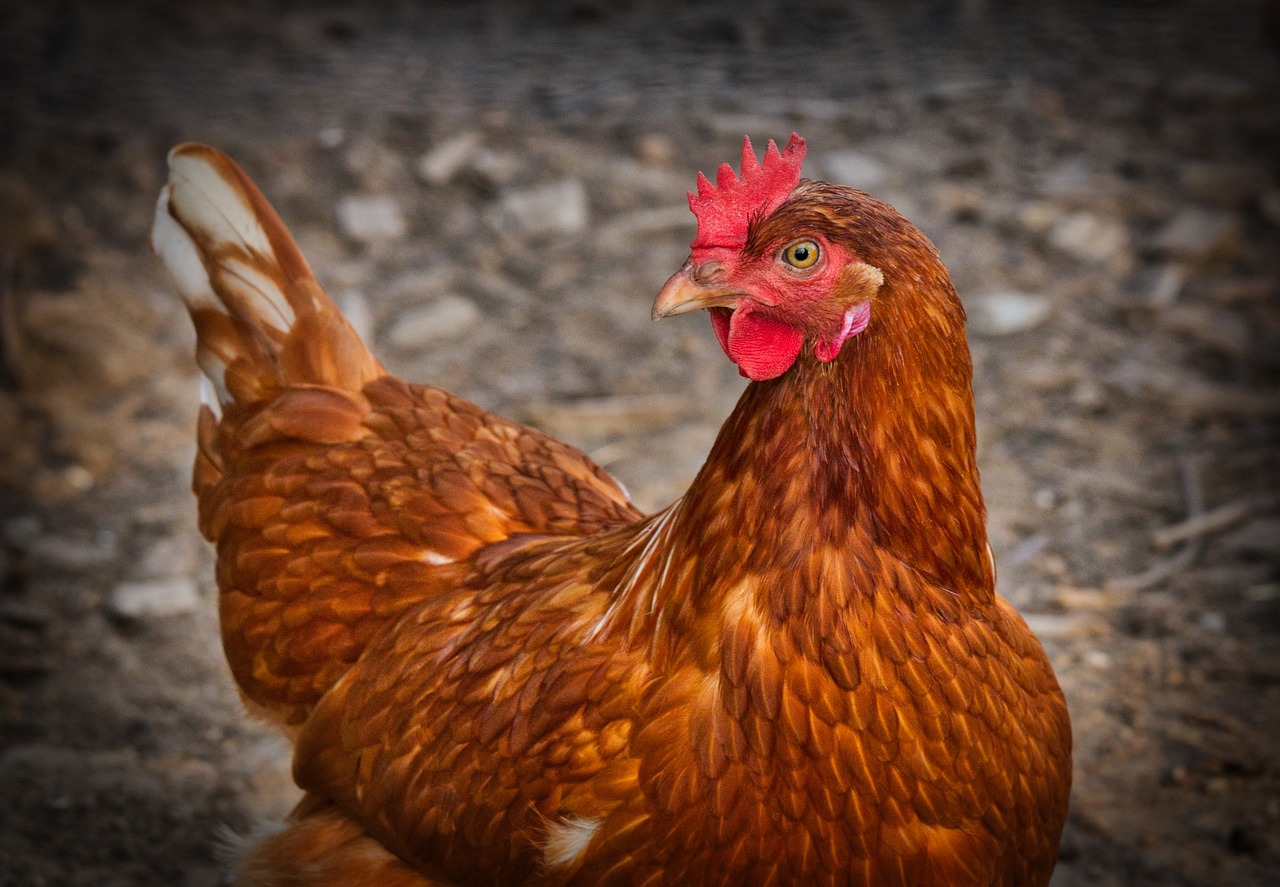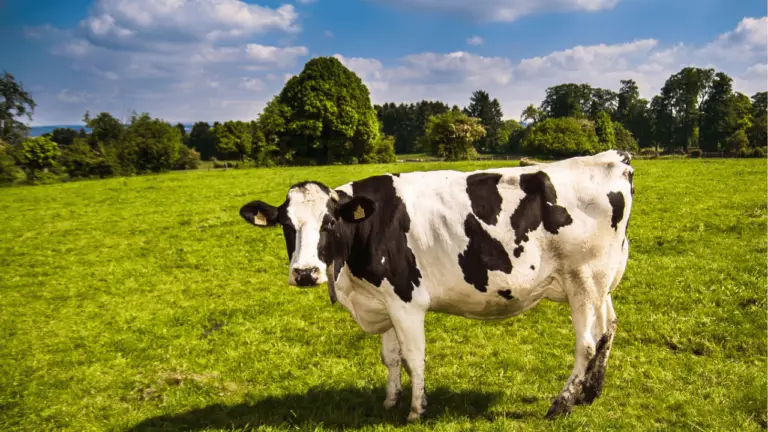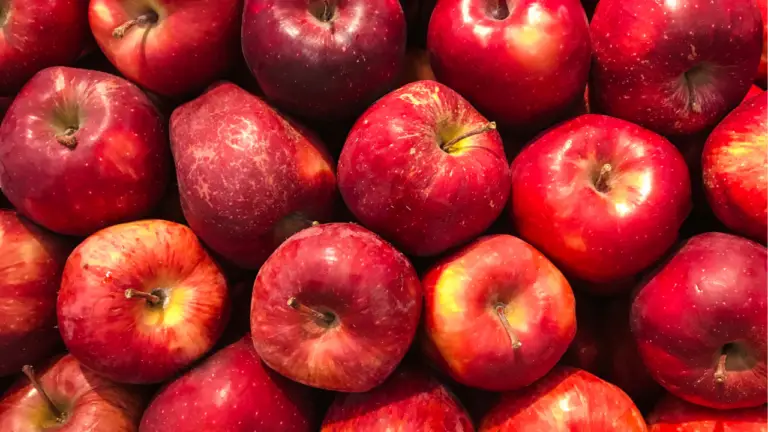Can Chickens Eat Pineapple?

Pineapple is a tropical fruit known for its sweet and tangy flavor, and it’s a favorite treat for many people around the world. As backyard chicken keeping becomes increasingly popular, many poultry enthusiasts are curious about whether their feathered friends can safely enjoy the same fruits they do. Understanding the dietary needs and restrictions of chickens is essential for their health and well-being. In this article, we will explore whether chickens can eat pineapple, the benefits and potential risks, and how to safely introduce this fruit into their diet.
Nutritional Benefits of Pineapple for Chickens
Pineapple is rich in vitamins and minerals, including vitamin C, vitamin A, and manganese. These nutrients can be beneficial for chickens, supporting their immune system, vision, and overall health. The high water content in pineapple can also help keep chickens hydrated, especially during hot weather.
Additionally, pineapple contains bromelain, an enzyme known for its anti-inflammatory properties. This enzyme can aid in digestion and potentially reduce the risk of certain digestive issues in chickens. However, it is important to provide pineapple in moderation to avoid any negative effects from overconsumption.
Potential Risks of Feeding Pineapple to Chickens
While pineapple offers several health benefits, it is also high in sugar and acidity. Excessive sugar intake can lead to obesity and other health problems in chickens, such as fatty liver disease. The acidity of pineapple can also cause digestive upset if consumed in large quantities, leading to issues like diarrhea.
Moreover, pineapple contains tough fibers that can be difficult for chickens to digest. Feeding large chunks or unripe pineapple can pose a choking hazard or cause crop impaction, a condition where the crop becomes blocked and prevents normal digestion. It is crucial to prepare pineapple properly to ensure it is safe for chickens to eat.
How to Safely Feed Pineapple to Chickens
To safely introduce pineapple into your chickens’ diet, start by offering small, manageable pieces. Remove the tough outer skin and core, as these parts are difficult for chickens to eat and digest. Cutting the pineapple into small cubes or thin slices makes it easier for chickens to peck at and consume.
Offer pineapple as an occasional treat rather than a regular part of their diet. A few pieces once or twice a week are sufficient to provide the benefits without the risks associated with overfeeding. Always observe your chickens after introducing a new food to ensure they tolerate it well and do not exhibit any signs of digestive distress.
Alternatives to Pineapple for Chicken Treats
If you are looking for other fruits to offer your chickens, there are several alternatives that are safe and nutritious. Apples (without seeds), berries, melons, and grapes are all excellent options. These fruits provide a variety of vitamins and minerals and can be fed in moderation alongside your chickens’ regular diet.
Vegetables such as leafy greens, carrots, and cucumbers are also great treats for chickens. These foods are lower in sugar and provide essential nutrients that contribute to their overall health. By offering a diverse range of treats, you can ensure your chickens receive a balanced diet.
Conclusion
Chickens can eat pineapple, but it should be given in moderation and prepared properly to avoid potential risks. The nutritional benefits of pineapple can support your chickens’ health, but the high sugar and acidity levels require careful management. By offering pineapple as an occasional treat and monitoring your chickens’ reactions, you can safely incorporate this tropical fruit into their diet. Remember to always provide a balanced diet with a variety of fruits and vegetables to keep your flock healthy and happy.






